Advantages, Challenges, and Prospects of Shanghai as an International Emerging Arbitration Center
With the deepening of global economic integration and the increase in international commercial activities, arbitration, as an effective means of resolving commercial disputes, plays an increasingly important role. Shanghai, as one of China's most dynamic and international cities, attracts considerable attention in the field of arbitration. This article will review Shanghai's history and current situation in resolving international disputes, its advantages as an emerging international arbitration center, and the challenges and prospects it faces as such a center, from three perspectives.
I. History and Current Situation of Resolving International Disputes in Shanghai
Shanghai's mechanism for resolving foreign-related disputes can be traced back to the late 19th century when the Shanghai concessions established the earliest foreign courts and consular courts to resolve foreign disputes. The consular court, established in 1882, was a special judicial organization exercised by Western countries collectively in the Shanghai International Settlement to adjudicate consular jurisdiction. According to the Regulations of the Shanghai Consular Court, the court specifically handled civil cases with the Shanghai Municipal Council as the defendant. Three consuls were elected annually by the consular corps to serve as judges in the court. The language of the proceedings was English, and parties dissatisfied with the judgment could apply for a retrial within 60 days after the judgment, subject to the court's discretion. These mechanisms for resolving foreign-related disputes had obvious litigious characteristics and a strong colonial flavor, not truly recognized by the Chinese. However, the real modern arbitration system originated in Shanghai and was created by the Chinese, starting with the establishment of the Shanghai International Economic and Trade Arbitration Commission (referred to as SHIAC) in 1988. After years of development, SHIAC has become one of China's most influential arbitration institutions, with a growing number of cases accepted annually covering various commercial disputes both domestically and internationally.
Currently, Shanghai not only has SHIAC but also has established other arbitration institutions such as the Shanghai Arbitration Commission, forming a relatively complete arbitration service system. Shanghai's arbitration rules and procedures are gradually aligning with international standards, and more and more international commercial disputes are choosing Shanghai as their arbitration venue.
II. Advantages of Shanghai as an Emerging International Arbitration Center
(I) Economic Strength and Geographic Advantage
As one of China's economic centers, Shanghai boasts strong economic power and advanced infrastructure, providing favorable conditions for arbitration activities. Moreover, situated in the eastern coastal region of China, Shanghai's advantageous geographical location facilitates communication and exchanges between domestic and international parties, making it an ideal location for international commercial arbitration.
(II) Legal Environment and Policy Support
The Chinese government has been committed to improving the arbitration environment and promoting the internationalization and professional development of arbitration institutions. As one of China's financial centers, Shanghai enjoys a relatively high level of legal compliance and policy support, providing a stable legal environment for arbitration activities and enhancing the confidence of domestic and international parties in arbitration in Shanghai.
In April 2015, the State Council of China issued the "Further Deepening the Reform and Opening-up of the China (Shanghai) Pilot Free Trade Zone Plan," which, for the first time, proposed to accelerate the establishment of an Asia-Pacific arbitration center in Shanghai for global outreach. With support from the central government, Shanghai's international arbitration has developed rapidly. On May 6, 2021, the "2021 International Arbitration Survey Report" released by the authoritative international arbitration research institution, Queen Mary University of London, showed that Shanghai entered the top ten most popular arbitration venues globally for the first time, ranking eighth.
(III) Professional Talent Pool
On November 22, 2023, the Eighth Session of the Sixteenth Shanghai Municipal People's Congress Standing Committee voted to pass the "Regulations on Promoting the Construction of the Shanghai International Commercial Arbitration Center" (referred to as the "Regulations"), which came into effect on December 1, 2023.
Article 10, Paragraph 1 of the "Regulations" stipulates "encouraging local arbitration institutions to hire foreign professionals as members of the decision-making bodies, arbitrators, and arbitration secretaries to enhance the internationalization of institutional management and arbitration practitioners"; Article 27, Paragraph 2 stipulates "encouraging foreign arbitrators appointed by local arbitration institutions and foreign arbitration agencies to voluntarily join the local arbitration industry associations." This helps Shanghai to have a richer pool of legal talent and a more professional international arbitration team, including judges, lawyers, arbitrators, etc., promoting the integration of personnel engaged in arbitration in the region with international standards. With international backgrounds and rich practical experience, they can provide high-quality arbitration services to all parties, enhancing Shanghai's competitiveness as an international arbitration center.
III. Challenges and Prospects of Shanghai as an Emerging International Arbitration Center
(I)International Competitive Pressure
With numerous arbitration centers worldwide, each with its characteristics and advantages, Shanghai faces fierce competition from other international arbitration centers as an emerging international arbitration center. Firstly, facing competition from mature international arbitration centers such as London, New York, Hong Kong, and Singapore, Shanghai needs to further enhance the internationalization of its arbitration services. Secondly, Shanghai's various international arbitration institutions need to further improve their arbitration rules to adapt to the complex and ever-changing international business environment.
(II) Establishment of More International Arbitration Institutions
The establishment of international arbitration institutions in Shanghai relies on government policy support. According to Article 13 of the "Measures for the Administration of the Lin-gang New Area of China (Shanghai) Pilot Free Trade Zone," "well-known overseas arbitration and dispute resolution institutions, after registration with the municipal judicial administrative department and filing with the Ministry of Justice, may establish business institutions in the new area to conduct arbitration business in fields such as international commerce, maritime affairs, and investment." More and more overseas arbitration institutions are setting up representative offices in Shanghai, such as the International Chamber of Commerce Arbitration Court and the Hong Kong International Arbitration Centre.
In addition to the many international arbitration institutions established in Shanghai, Hangzhou in eastern China's Zhejiang Province is also actively introducing international arbitration institutions. For example, in January 2024, the Asia Pacific International Arbitration Chamber (Singapore) landed in Hangzhou and established the Asia Pacific International Arbitration Chamber East China Service Center (Zhejiang). This center is the first service center of the Asia Pacific International Arbitration Chamber in eastern China and aims to provide high-quality international arbitration legal services for Chinese enterprises going global, foreign enterprises, and individuals. Adhering to the principles of fairness, independence, efficiency, and professionalism, the center provides first-class arbitration services to all parties and relies on advanced technology and innovative arbitration processes to provide fast, convenient, and reliable solutions for the parties.
(III) Talent Cultivation and Team Building
The quality and efficiency of arbitration activities are directly related to the reputation and status of arbitration centers, and talent is key to ensuring the quality of arbitration activities. The arbitrator team of the Asia Pacific International Arbitration Chamber consists of professionals with rich experience and profound legal knowledge, ensuring the fairness and authority of arbitration procedures and attracting more outstanding legal talents to join the international arbitration cause.
In the future, with the continuous development of China's economy and the increase in international commercial activities, Shanghai's prospects as an emerging international arbitration center remain broad. It is not only a successful example of arbitration in China but also a shining new star in the global arbitration field. As it continues to grow, Shanghai will provide more convenient and efficient solutions for international commercial disputes, injecting new vitality into the global economic development.
news
-
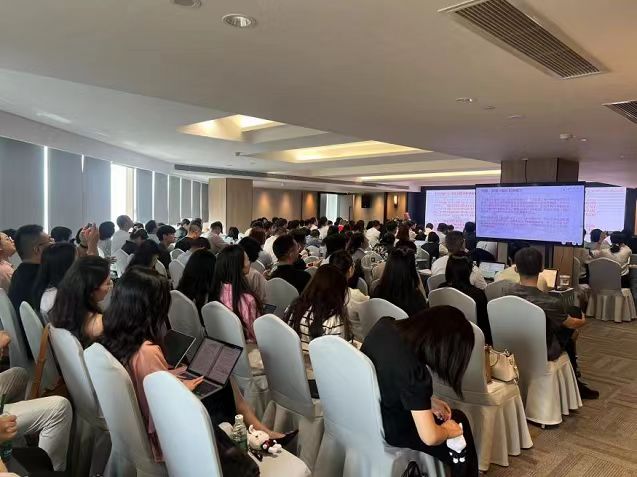 2023-09-21 02:01:59
2023-09-21 02:01:59 -
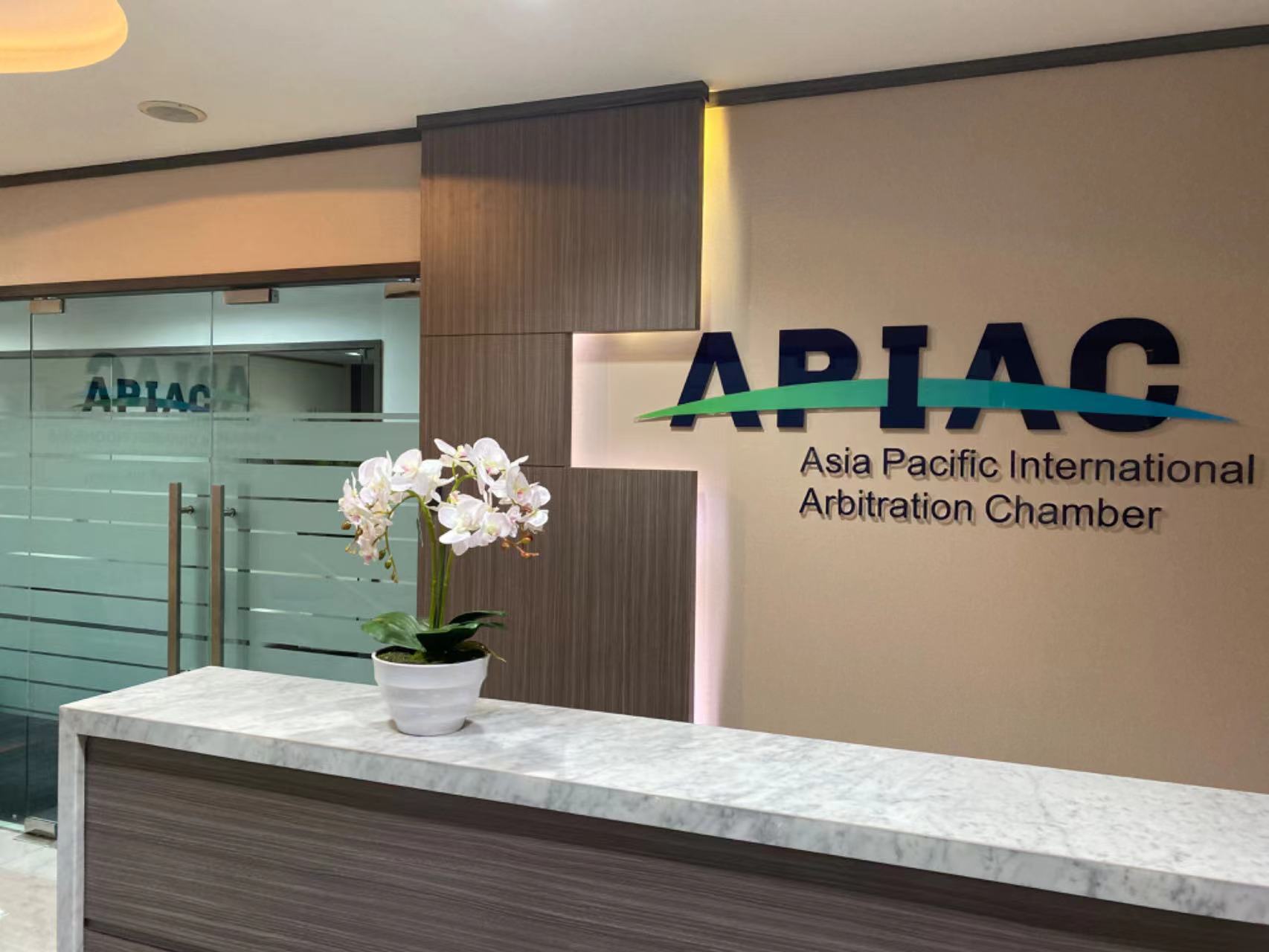 2023-09-21 02:01:59
2023-09-21 02:01:59 -
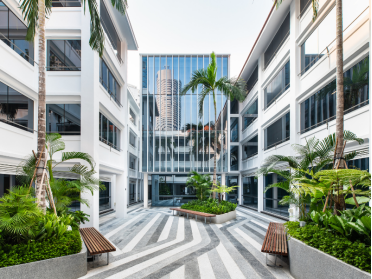 2023-09-26 14:22:56
2023-09-26 14:22:56 -
 2023-10-07 08:34:26
2023-10-07 08:34:26 -
 2023-10-13 11:08:58
2023-10-13 11:08:58 -
 2023-10-25 10:30:58
2023-10-25 10:30:58 -
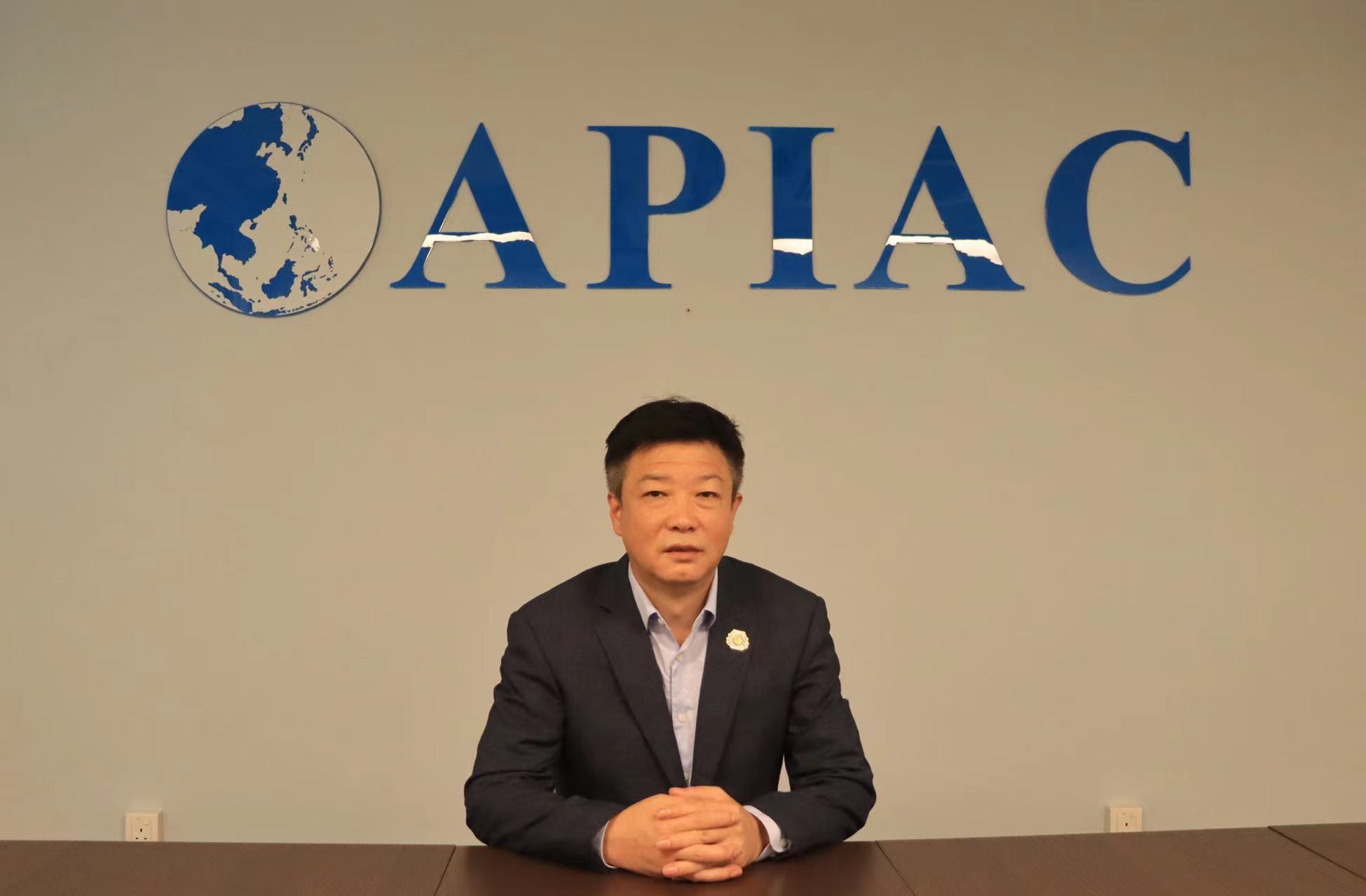 2023-10-25 11:08:40
2023-10-25 11:08:40 -
2023-11-22 14:57:27
-
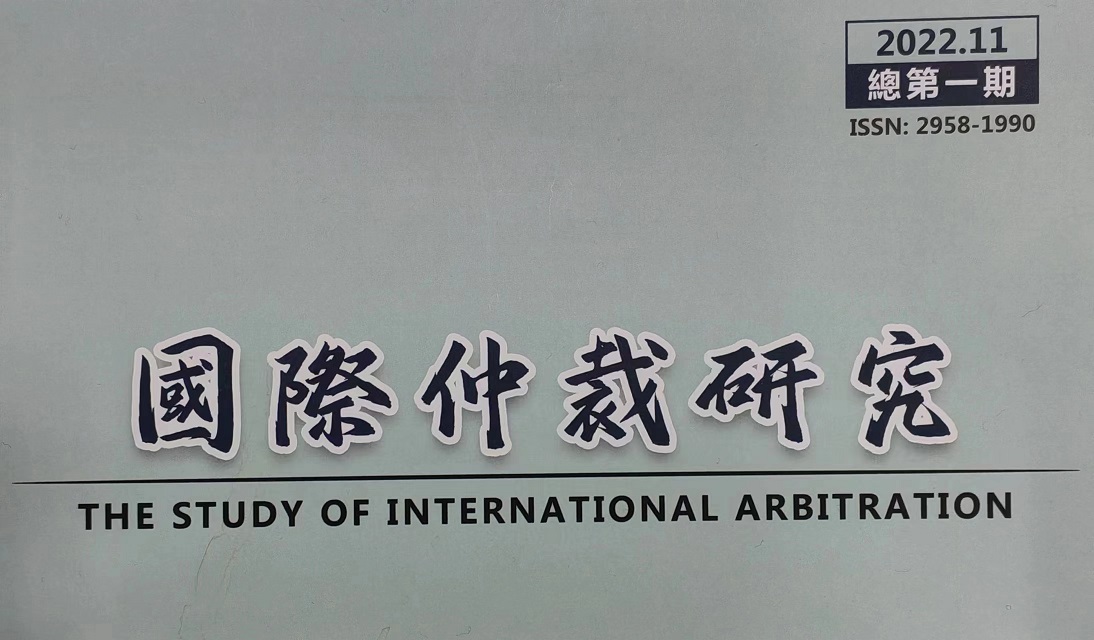 2023-11-24 16:06:15
2023-11-24 16:06:15 -
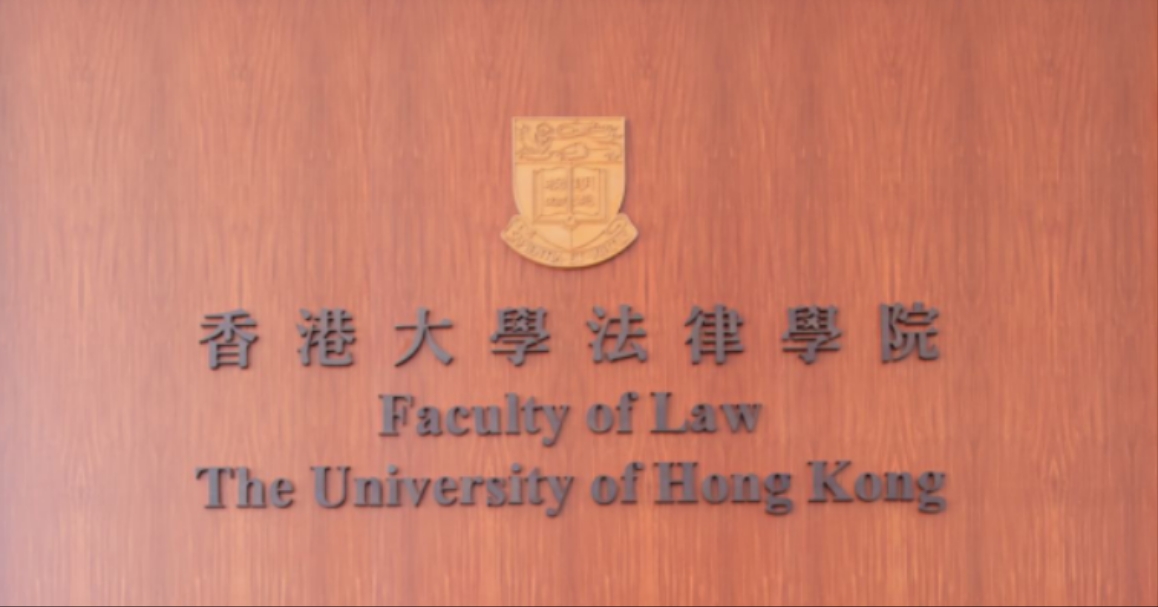 2023-11-24 17:34:06
2023-11-24 17:34:06 -
.jpg) 2023-11-27 11:07:53
2023-11-27 11:07:53 -
.png) 2023-12-07 11:34:06
2023-12-07 11:34:06 -
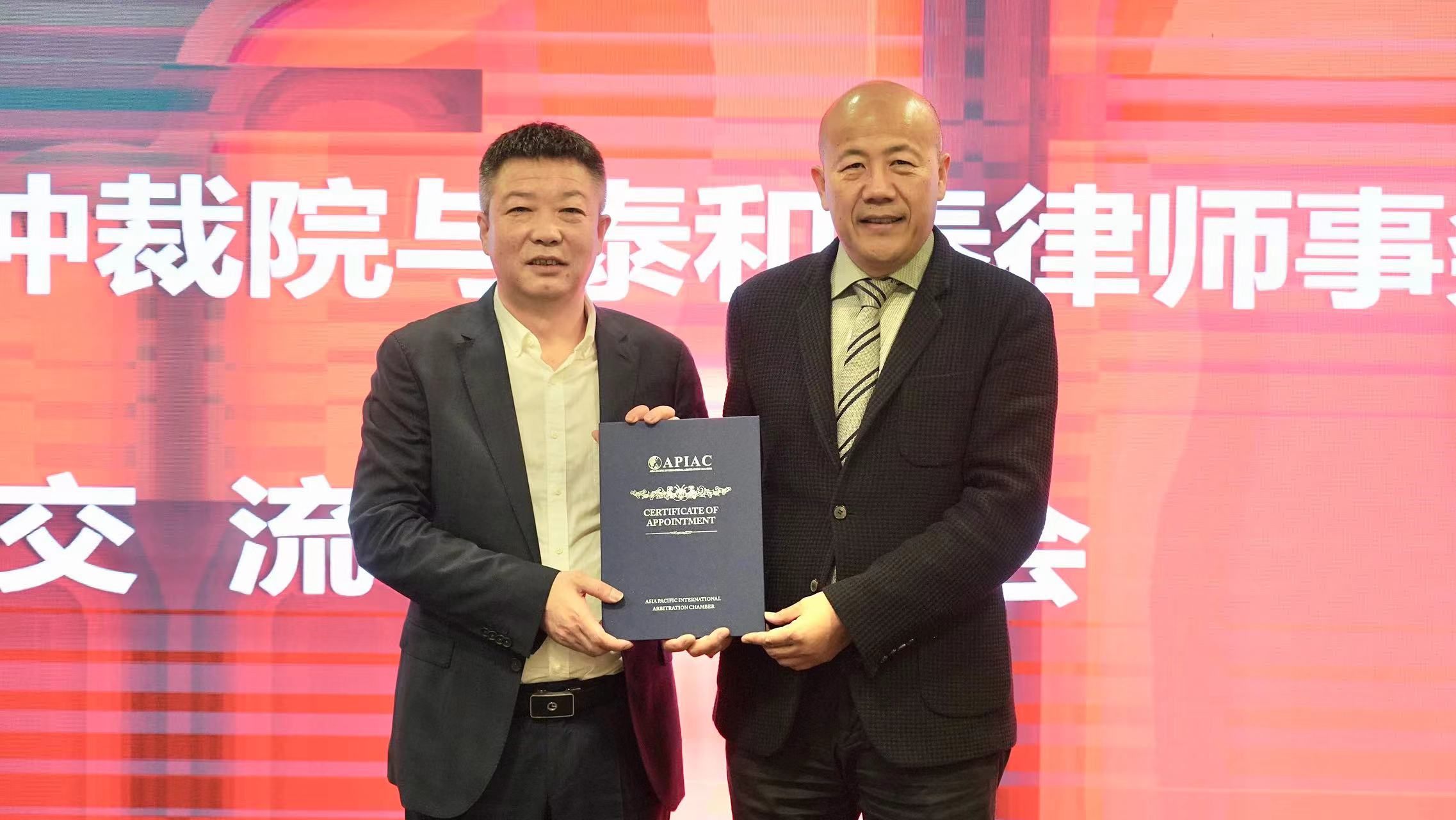 2023-12-19 09:18:51
2023-12-19 09:18:51 -
 2023-12-19 11:38:23
2023-12-19 11:38:23 -
 2023-12-19 11:53:22
2023-12-19 11:53:22 -
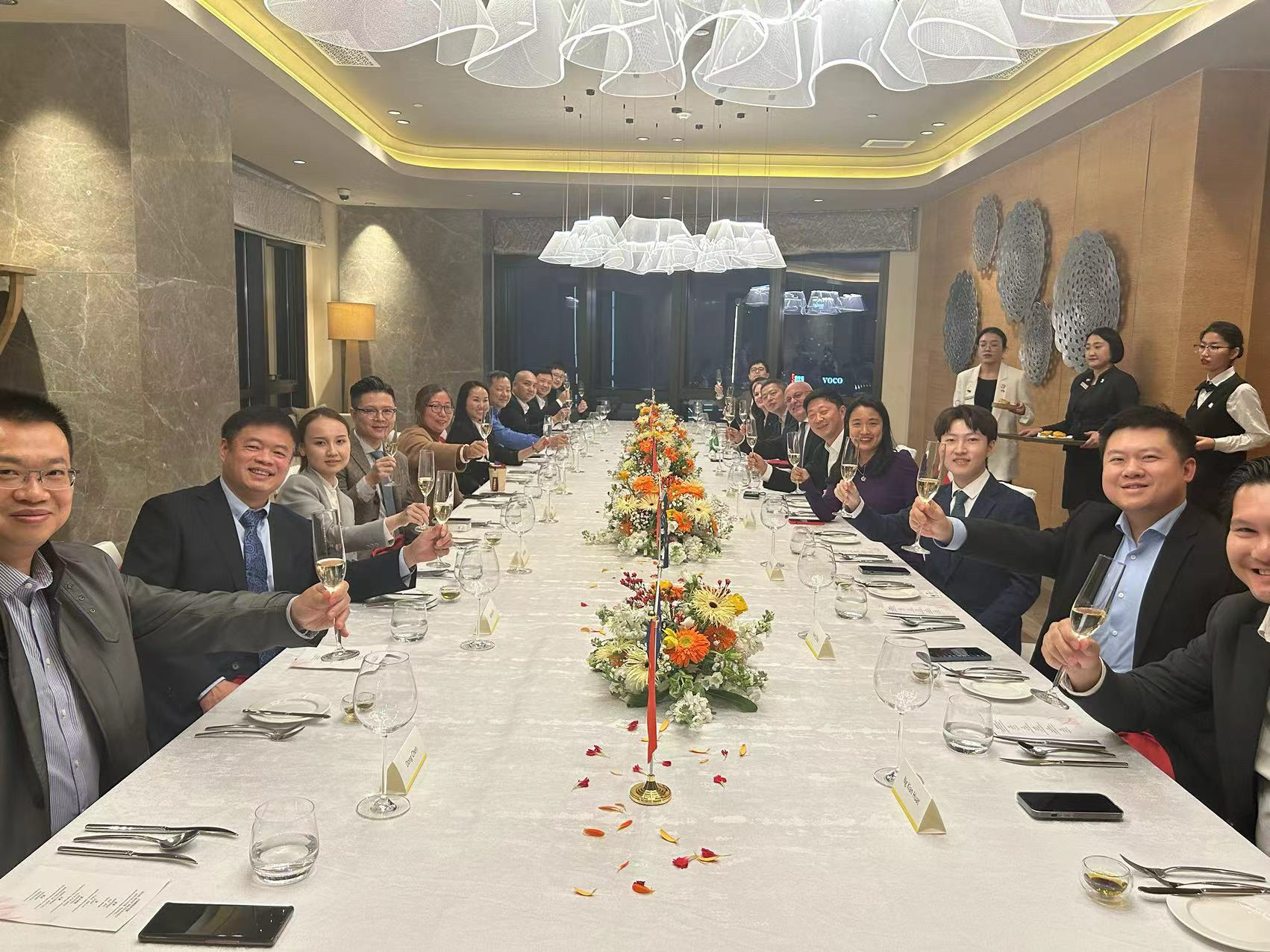 2023-12-19 14:46:19
2023-12-19 14:46:19 -
 2023-12-21 14:43:26
2023-12-21 14:43:26 -
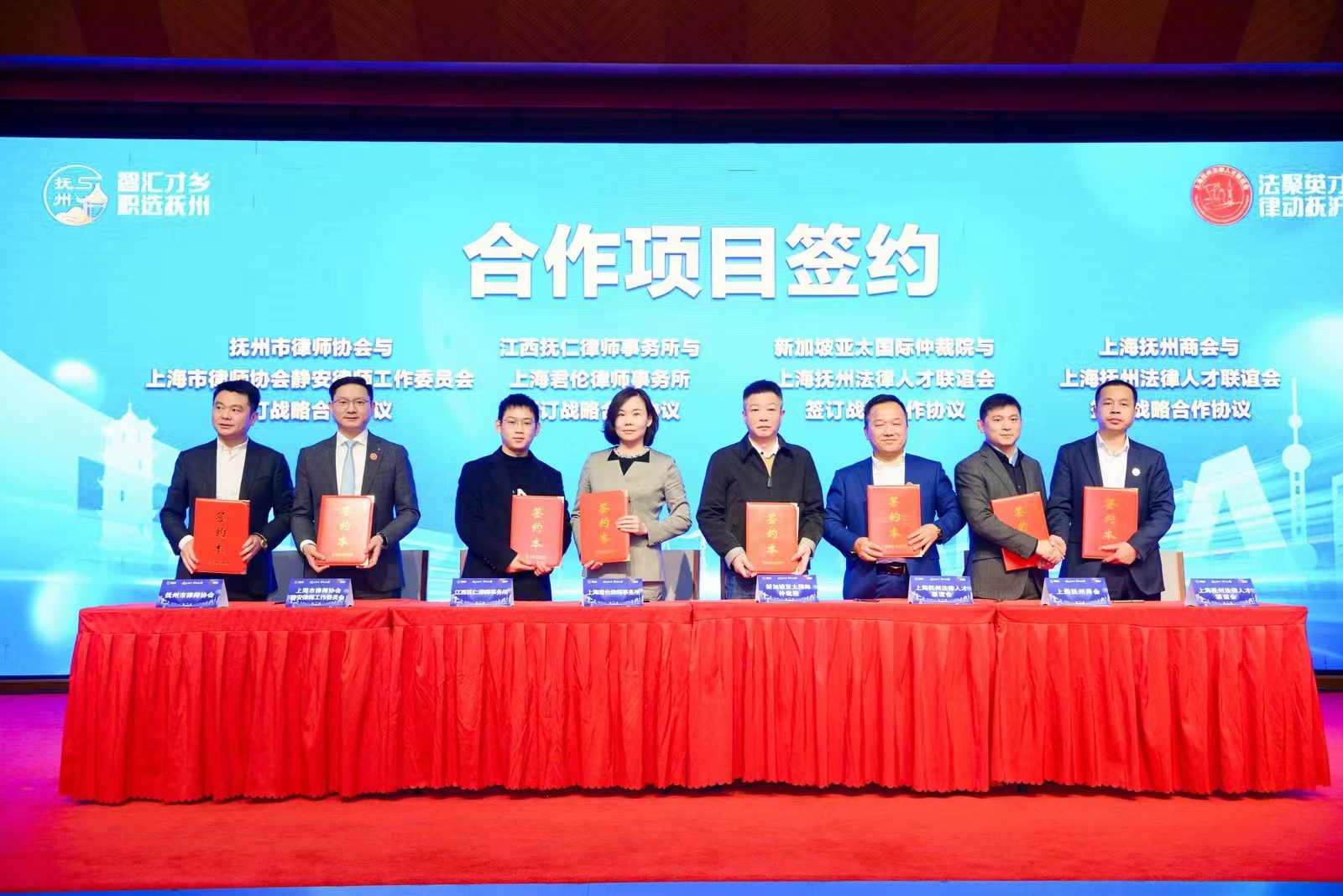 2023-12-25 11:04:59
2023-12-25 11:04:59 -
 2023-12-27 10:40:15
2023-12-27 10:40:15 -
.png) 2023-12-29 14:07:14
2023-12-29 14:07:14 -
.jpg) 2023-12-29 14:10:32
2023-12-29 14:10:32 -
 2024-01-03 16:27:17
2024-01-03 16:27:17 -
 2024-01-12 10:36:42
2024-01-12 10:36:42 -
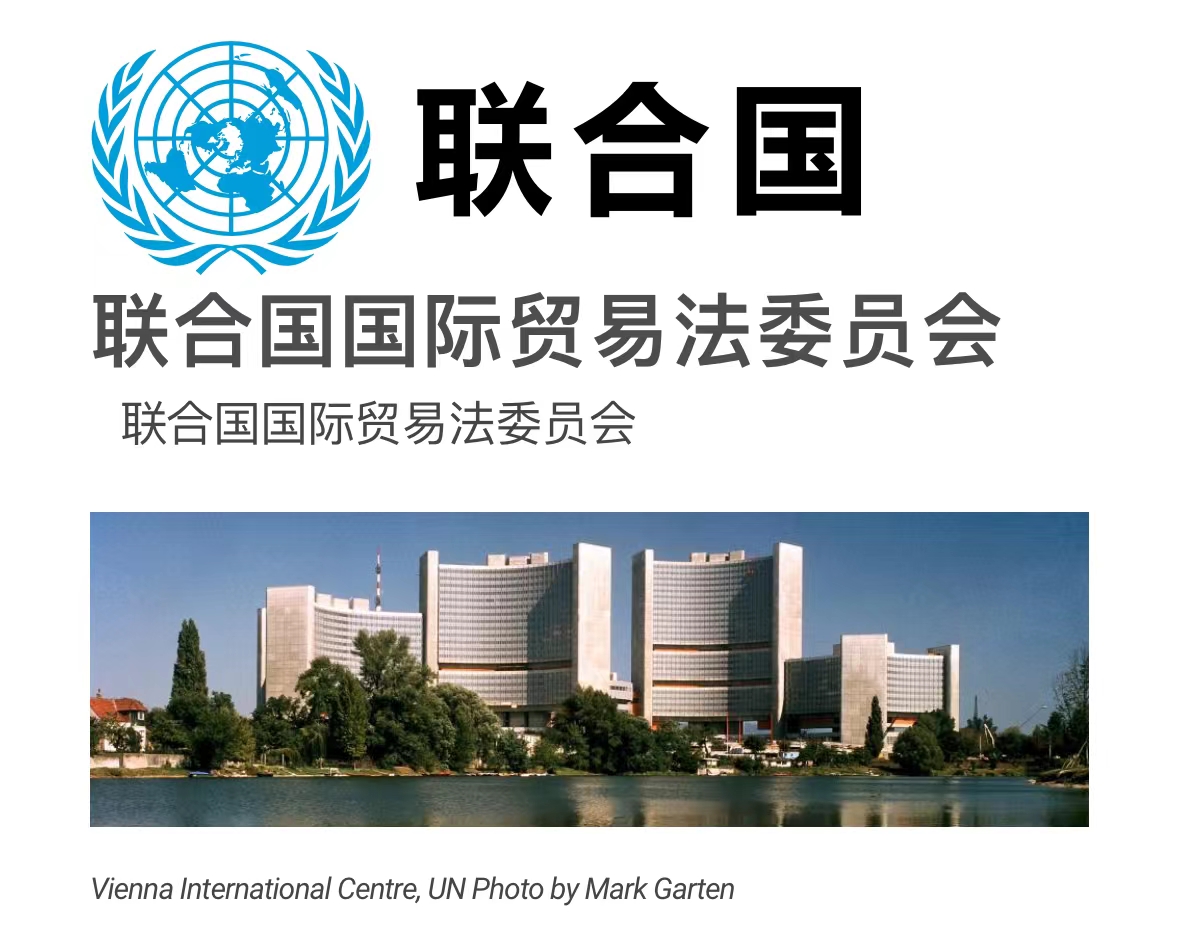 2024-01-17 15:01:24
2024-01-17 15:01:24 -
 2024-01-30 10:10:28
2024-01-30 10:10:28 -
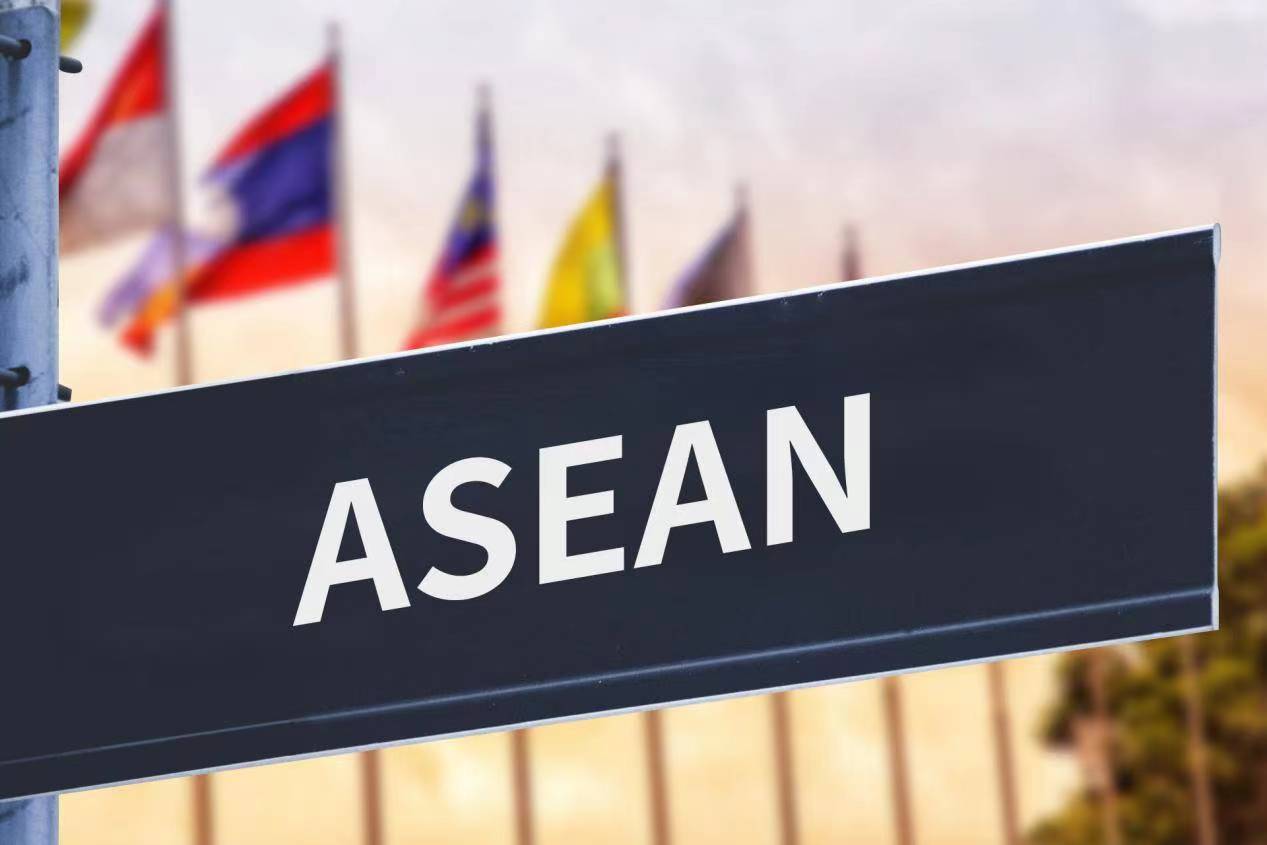 2024-01-30 10:45:10
2024-01-30 10:45:10 -
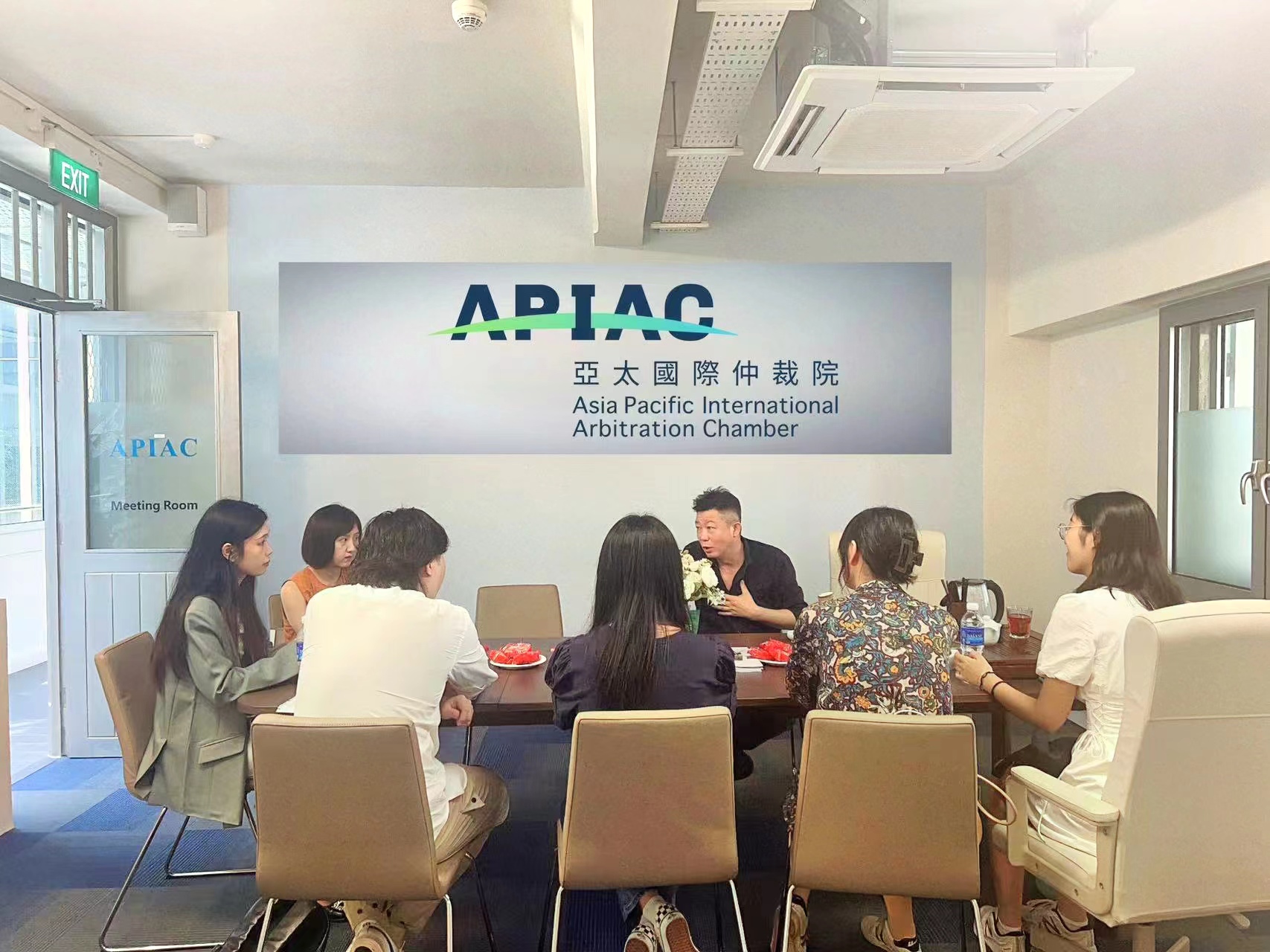 2024-01-30 15:47:05
2024-01-30 15:47:05 -
 2024-01-30 16:10:56
2024-01-30 16:10:56 -
 2024-02-21 10:01:34
2024-02-21 10:01:34 -
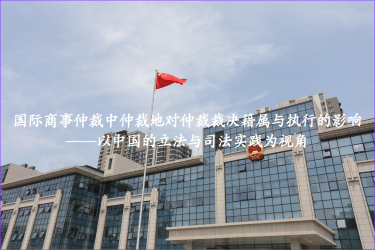 2024-02-21 10:05:01
2024-02-21 10:05:01 -
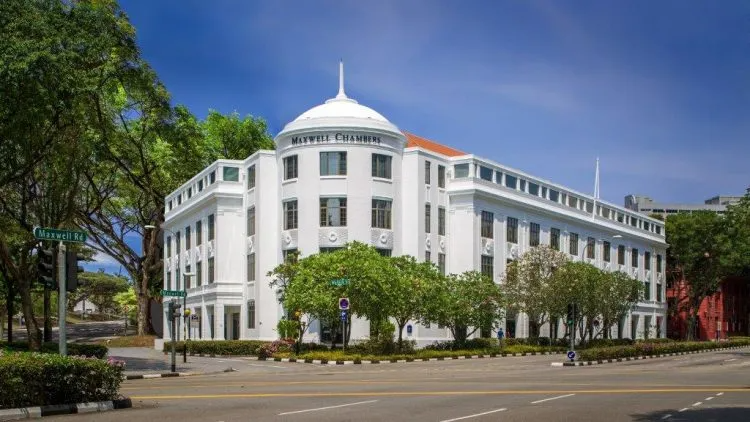 2024-02-21 10:35:10
2024-02-21 10:35:10 -
2024-03-08 17:37:59
-
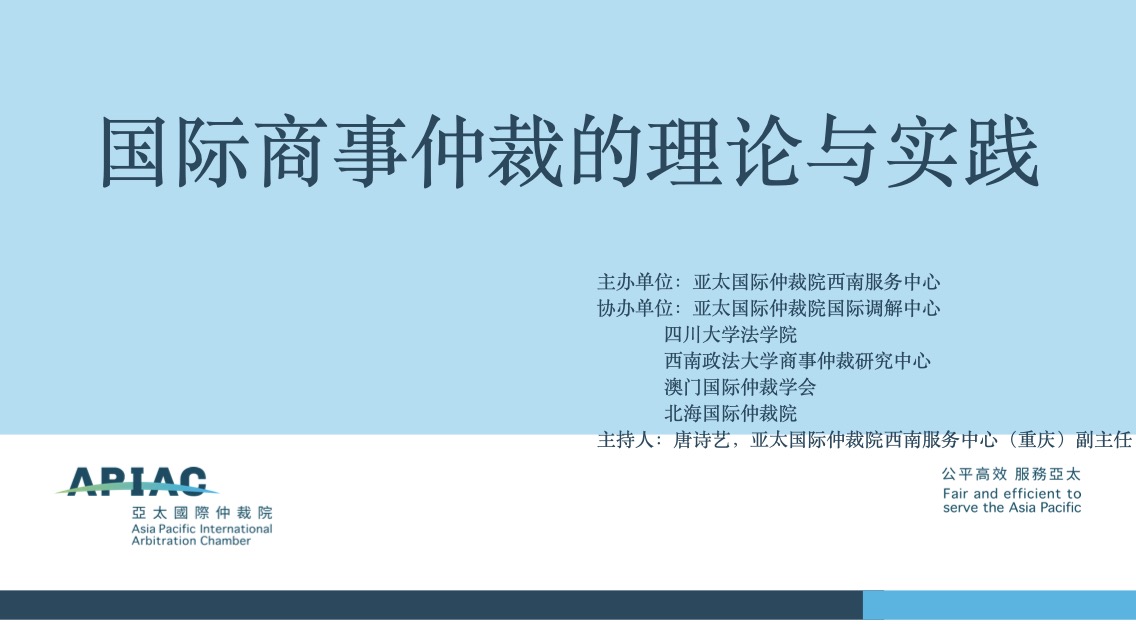 2024-03-11 08:56:10
2024-03-11 08:56:10 -
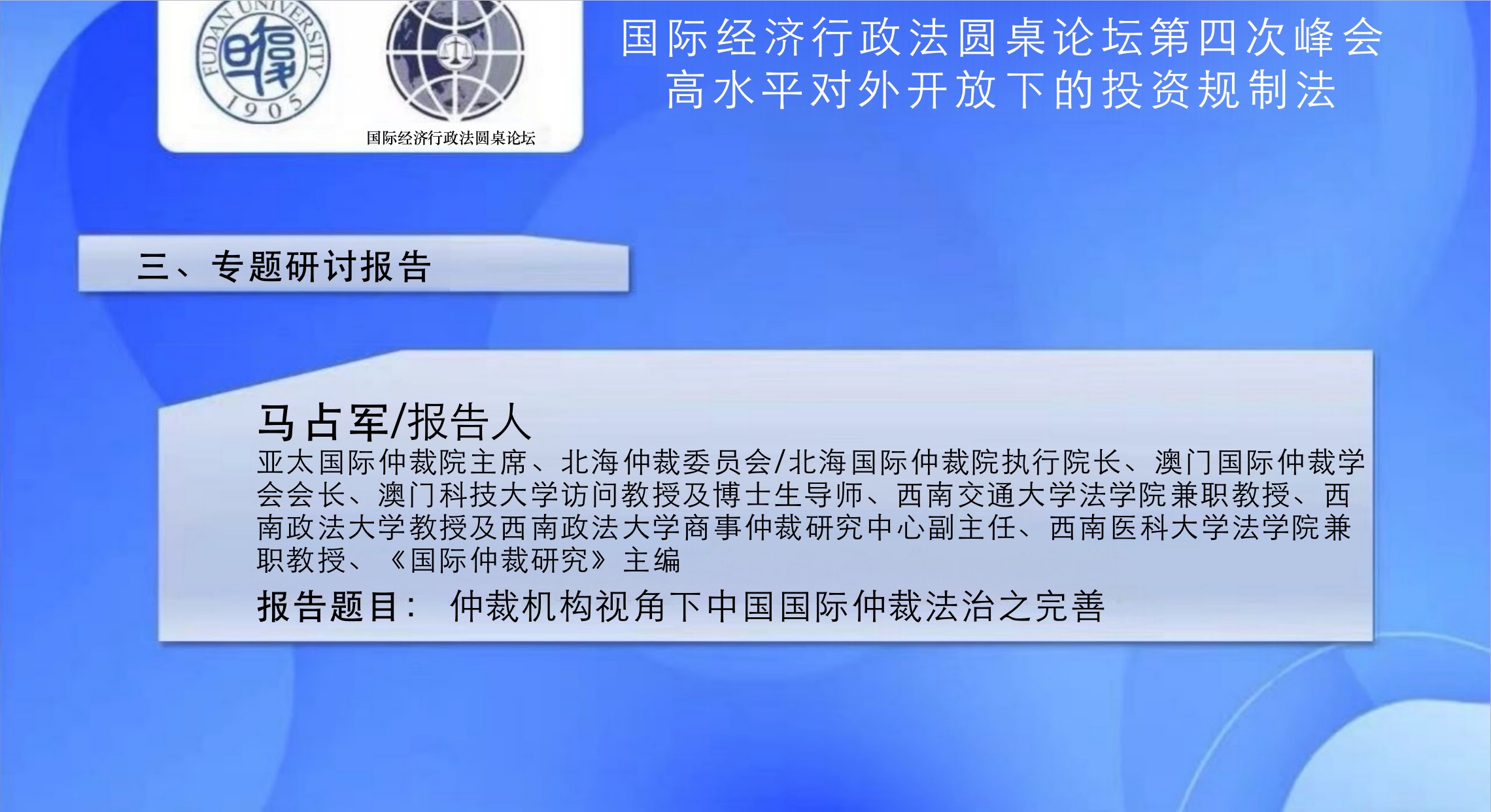 2024-03-22 14:24:24
2024-03-22 14:24:24 -
 2024-03-26 13:21:28
2024-03-26 13:21:28 -
2024-03-27 11:38:36
-
 2024-03-27 11:43:15
2024-03-27 11:43:15 -
2024-03-28 16:56:51
-
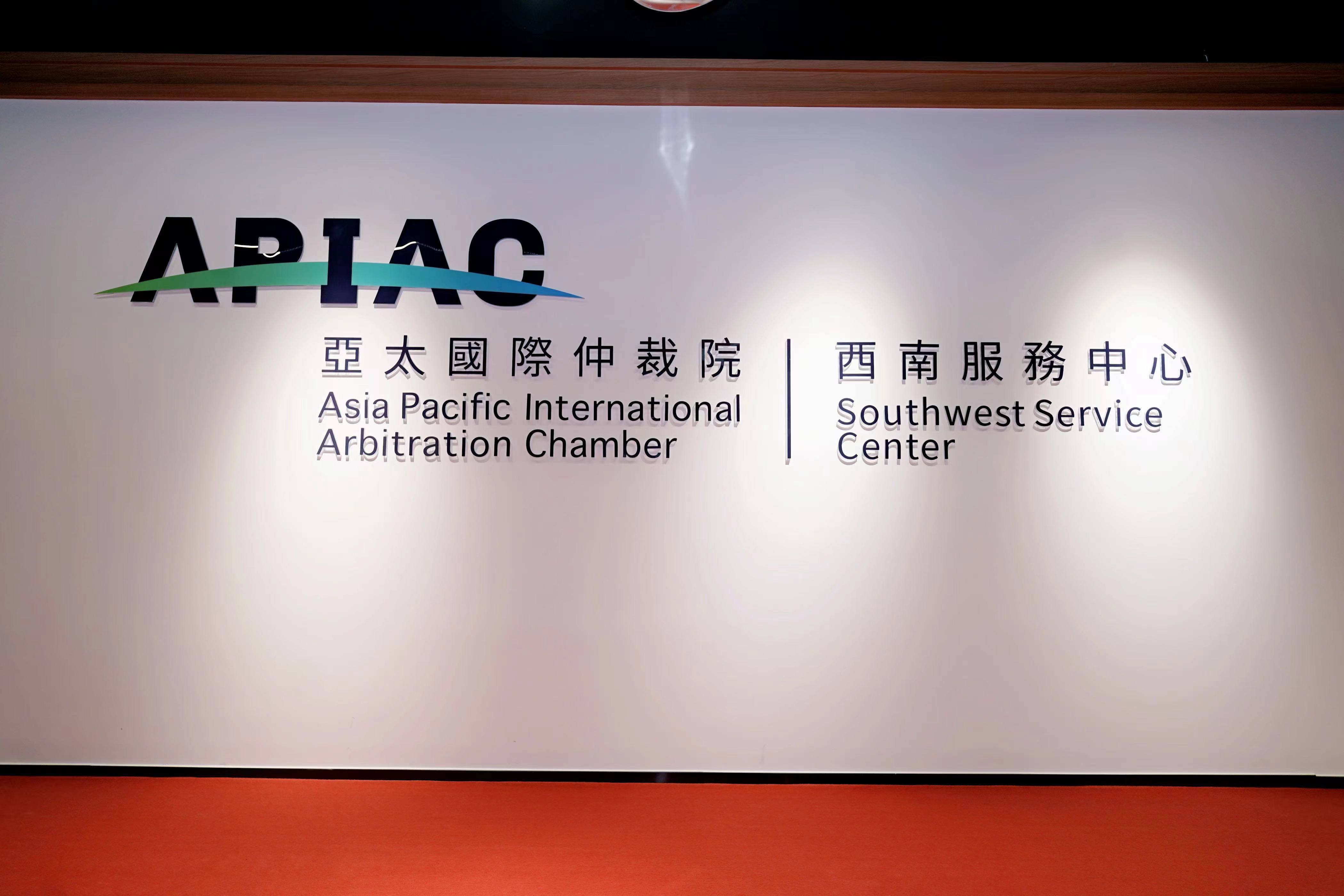 2024-04-01 14:59:03
2024-04-01 14:59:03 -
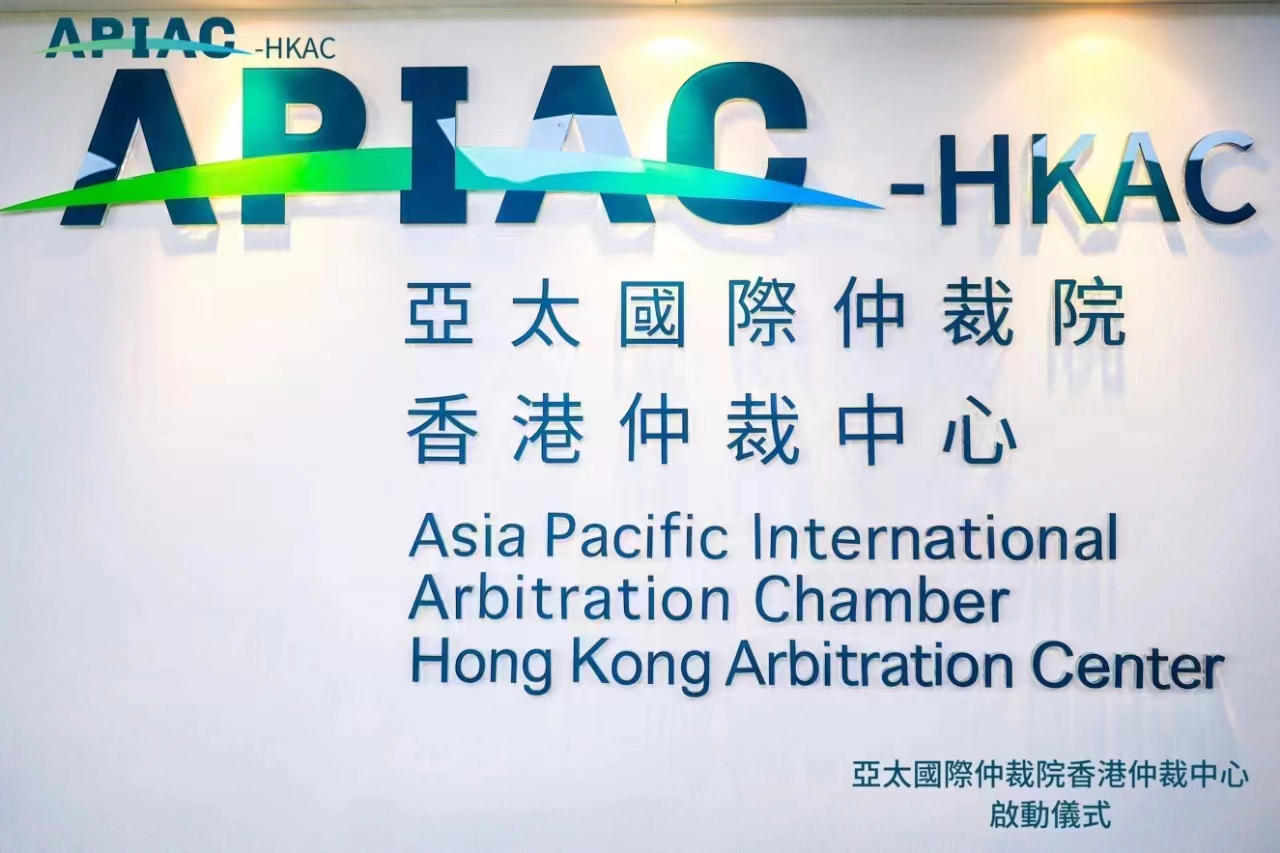 2024-04-09 10:46:25
2024-04-09 10:46:25 -
2024-04-09 11:55:48
-
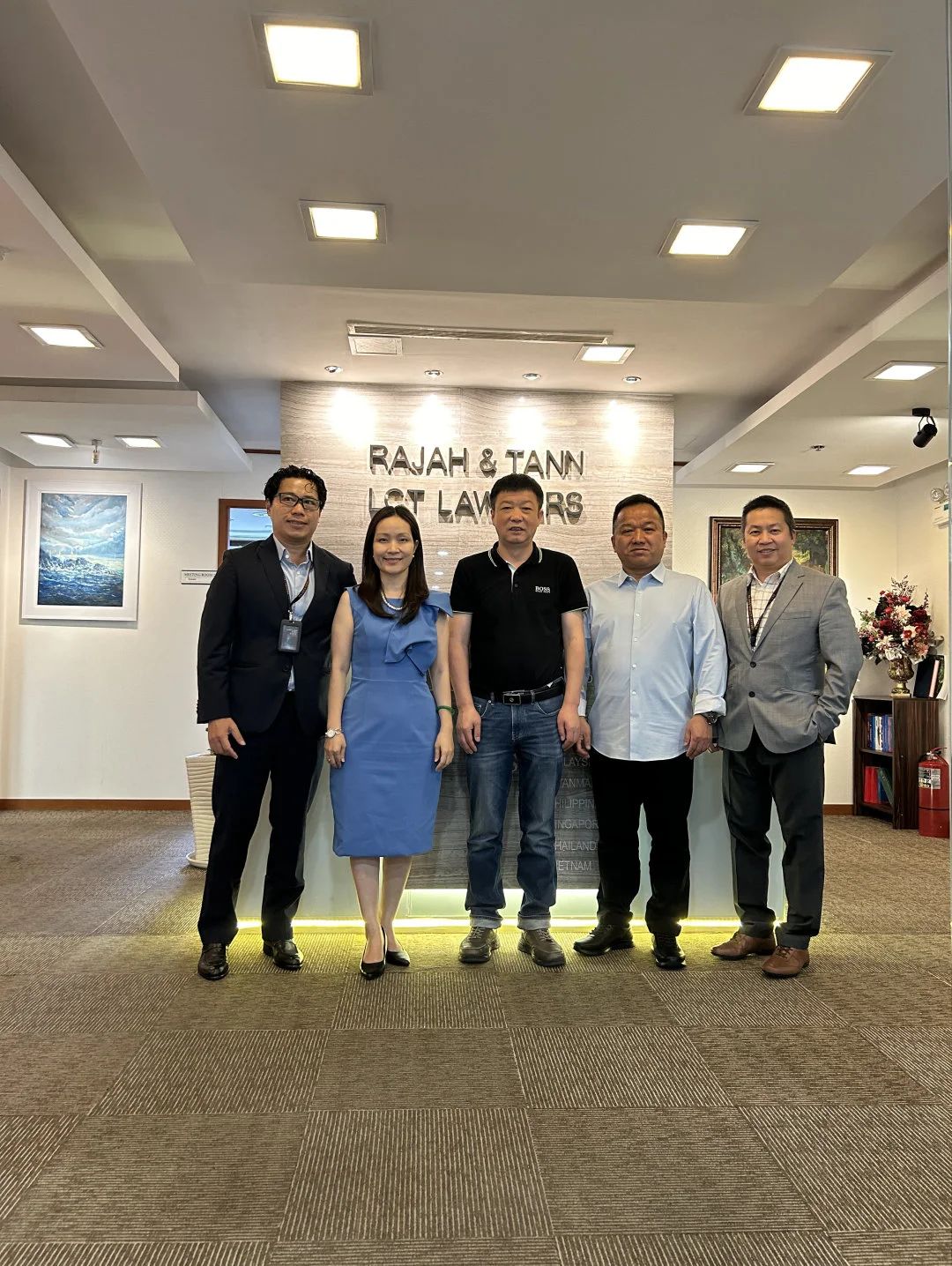 2024-04-09 16:01:04
2024-04-09 16:01:04 -
2024-04-15 16:34:57
-
2024-04-15 16:43:36
-
2024-04-18 16:34:31
-
2024-04-24 16:02:32
-
2024-04-25 17:26:30
-
2024-05-07 16:30:51
-
2024-05-11 14:54:18
-
2024-05-20 17:00:26
-
2024-05-31 16:19:03
-
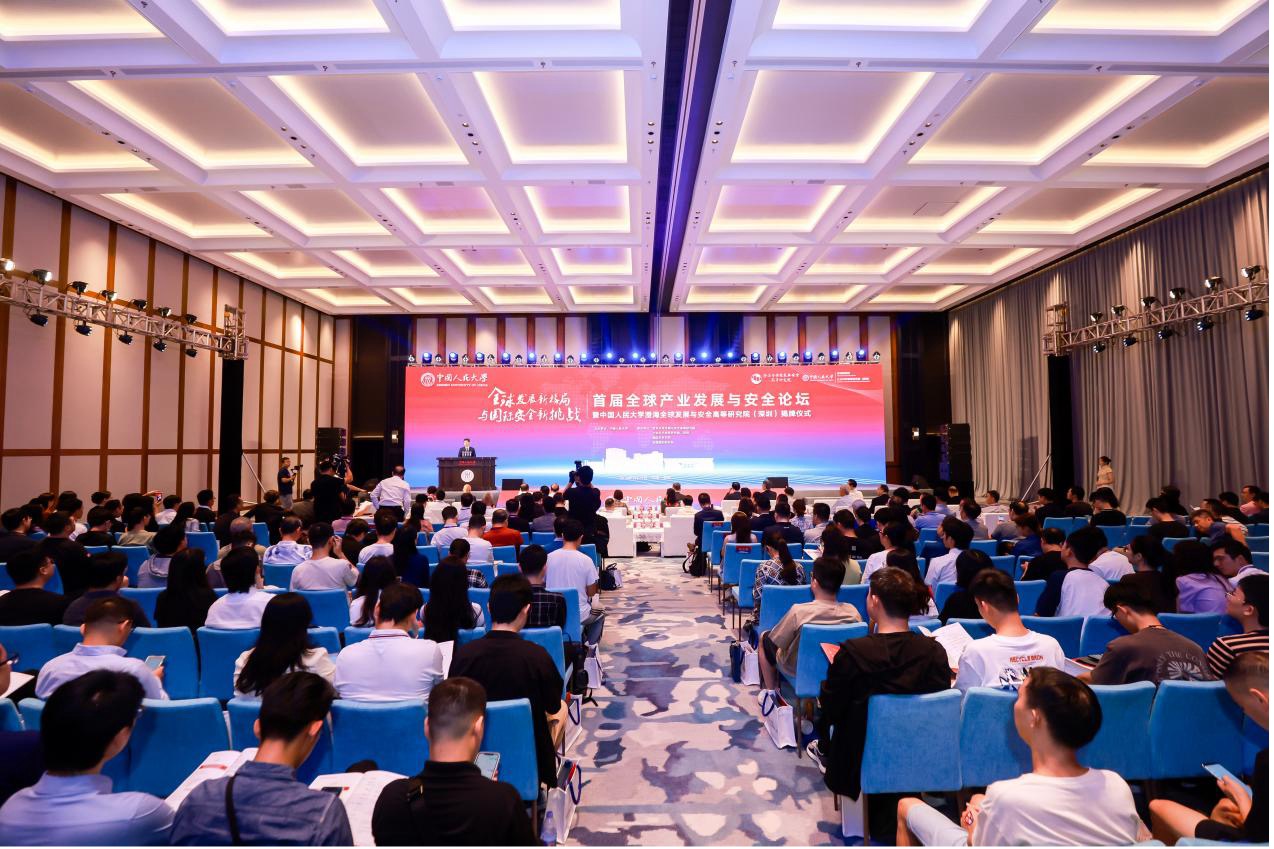 2024-05-31 16:41:28
2024-05-31 16:41:28 -
2024-05-31 16:53:49
-
2024-06-03 17:06:33
-
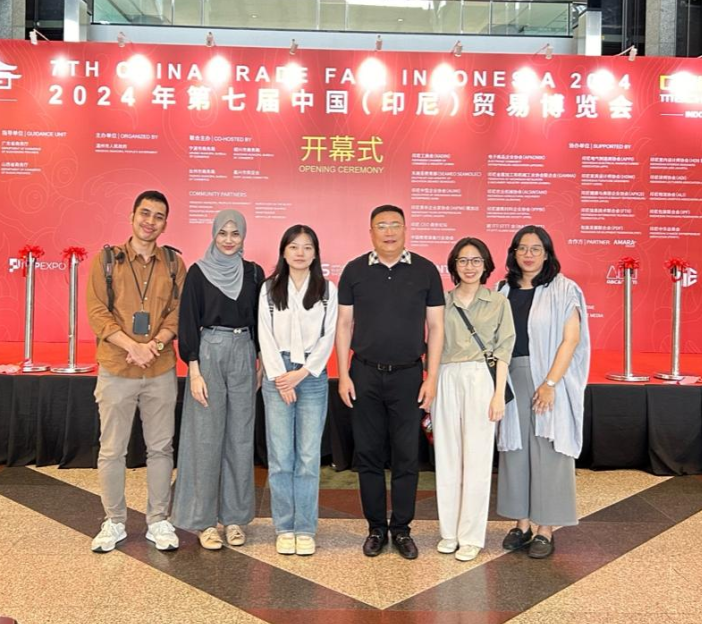 2024-06-19 16:45:08
2024-06-19 16:45:08 -
 2024-06-24 11:44:37
2024-06-24 11:44:37 -
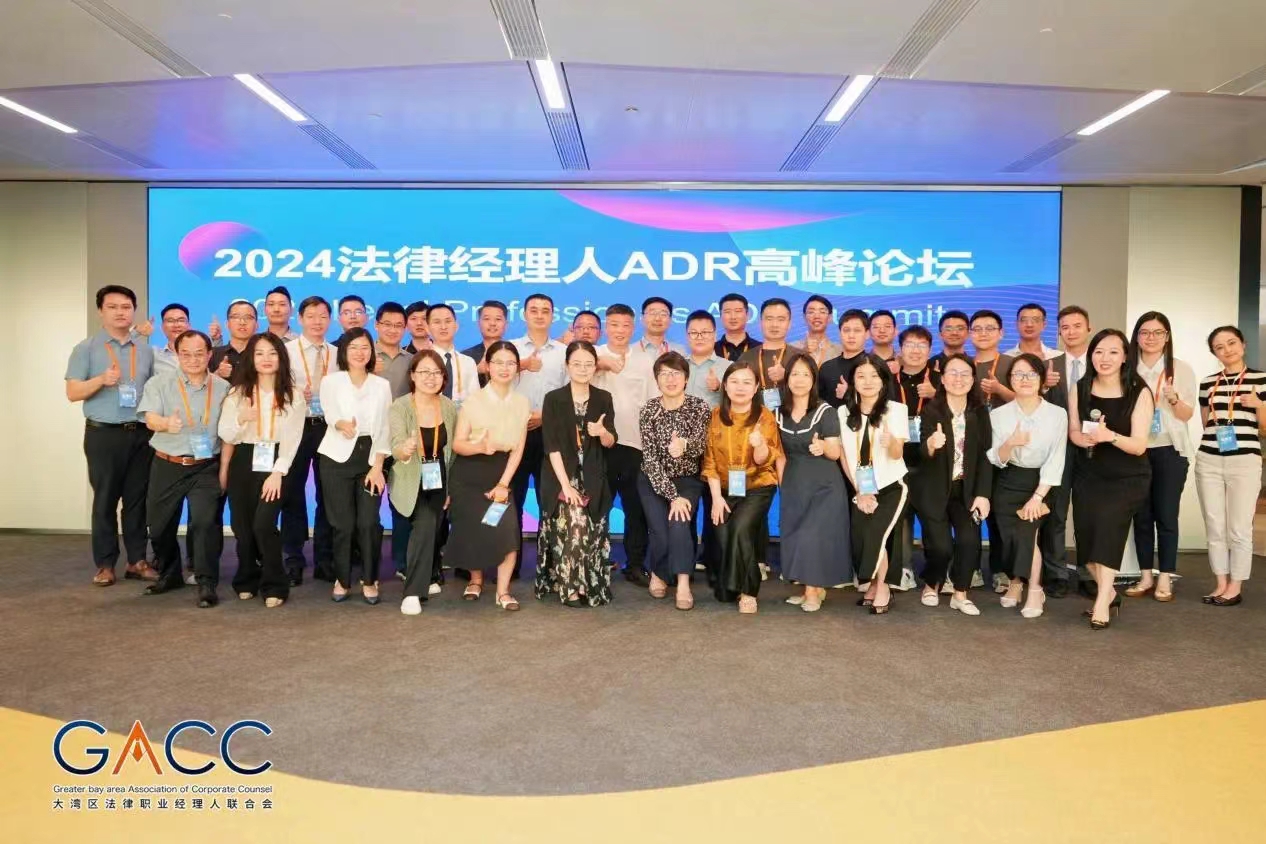 2024-06-24 17:56:13
2024-06-24 17:56:13 -
(1).png) 2024-06-25 15:34:49
2024-06-25 15:34:49 -
(1)(1).png) 2024-06-25 15:41:16
2024-06-25 15:41:16 -
.png) 2024-06-28 10:09:40
2024-06-28 10:09:40 -
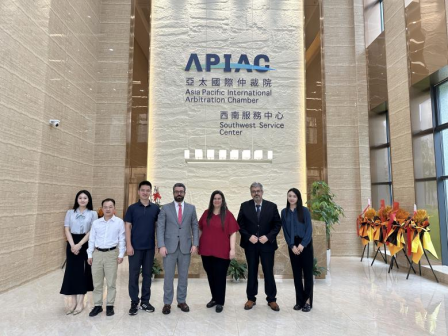 2024-07-03 14:33:07
2024-07-03 14:33:07 -
.png) 2024-07-03 14:53:48
2024-07-03 14:53:48 -
 2024-07-04 16:52:21
2024-07-04 16:52:21 -
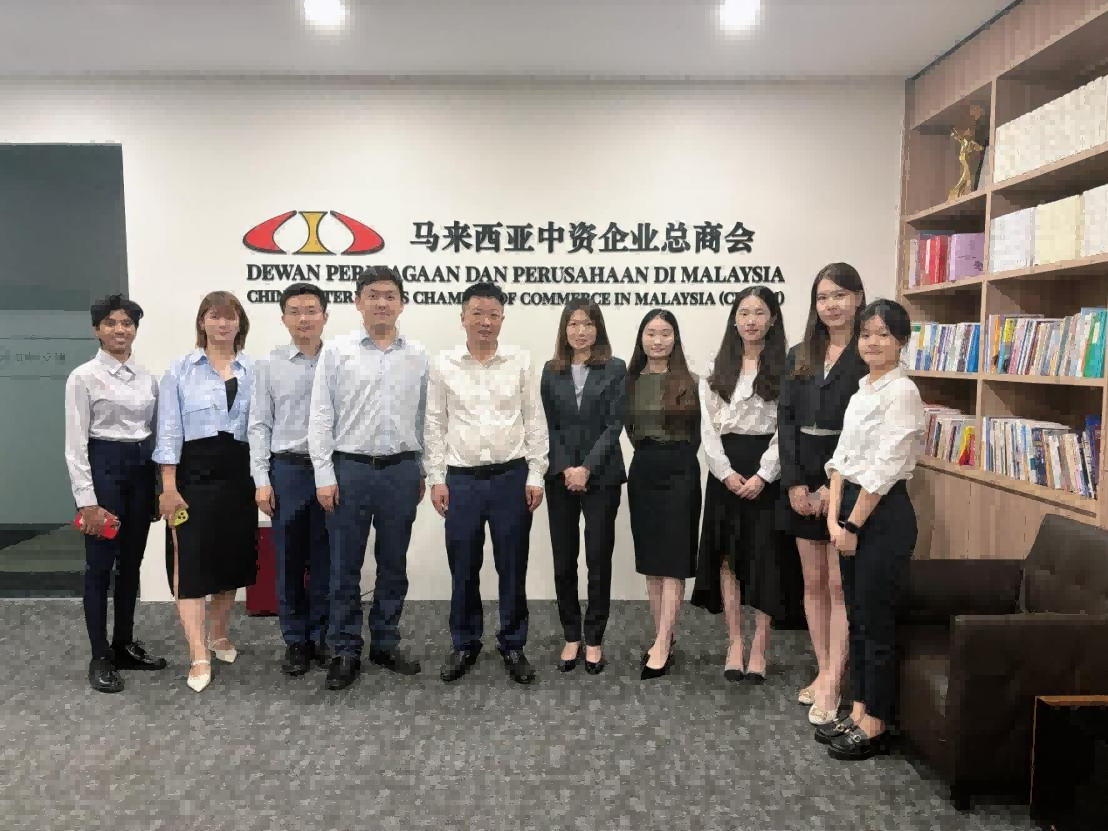 2024-07-09 09:31:59
2024-07-09 09:31:59 -
受邀参加“中资企业印尼投资法律论坛”(1).png) 2024-07-12 09:22:59
2024-07-12 09:22:59 -
.png) 2024-07-16 09:36:49
2024-07-16 09:36:49 -
.png) 2024-07-16 11:37:03
2024-07-16 11:37:03 -
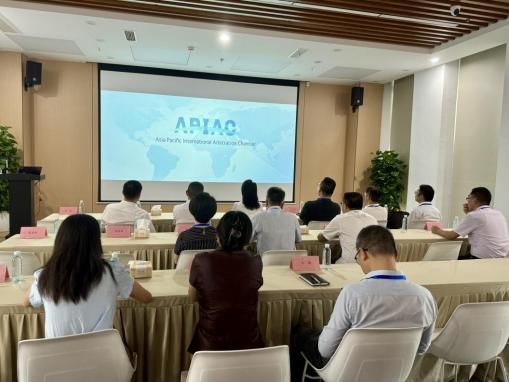 2024-07-19 10:43:08
2024-07-19 10:43:08 -
.png) 2024-07-22 10:59:23
2024-07-22 10:59:23 -
 2024-07-23 09:31:20
2024-07-23 09:31:20 -
.png) 2024-07-23 14:12:58
2024-07-23 14:12:58 -
.png) 2024-08-19 09:19:47
2024-08-19 09:19:47 -
.png) 2024-08-19 10:28:22
2024-08-19 10:28:22 -
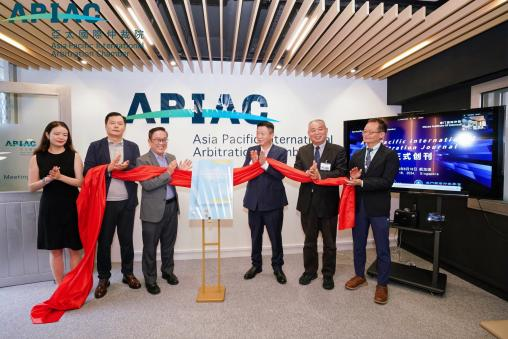 2024-08-29 10:12:54
2024-08-29 10:12:54 -
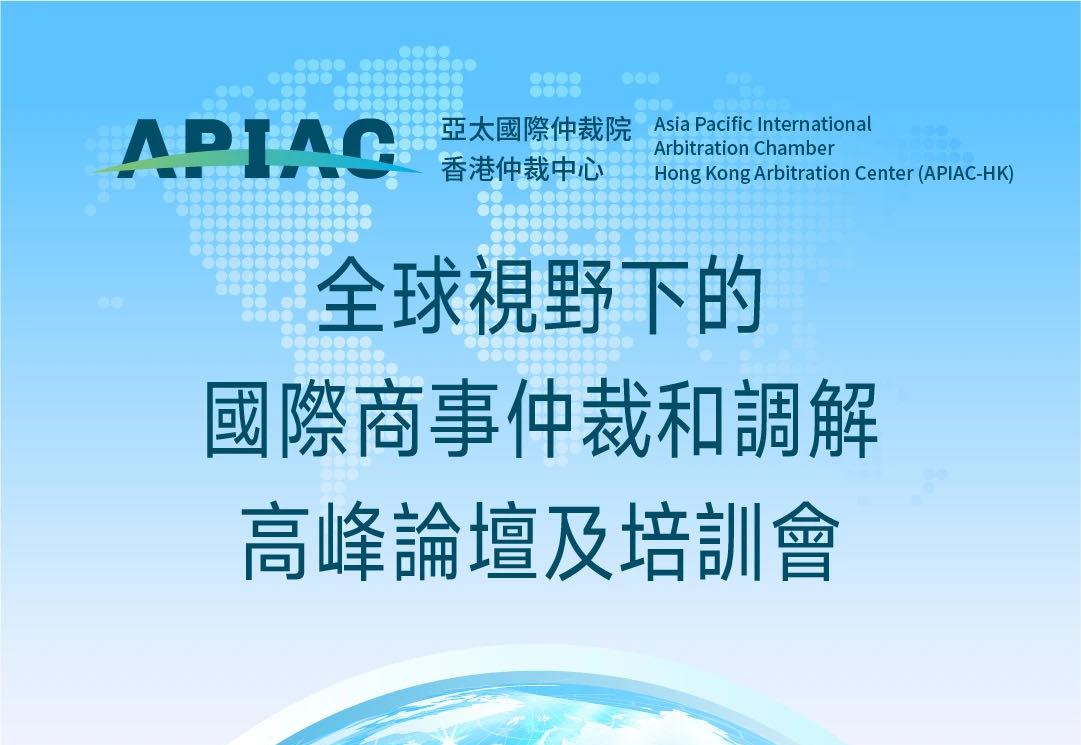 2024-09-03 17:10:04
2024-09-03 17:10:04 -
.png) 2024-09-04 11:52:59
2024-09-04 11:52:59 -
) 2024-09-05 10:17:01
2024-09-05 10:17:01 -
.png) 2024-09-09 14:35:19
2024-09-09 14:35:19 -
 2024-09-09 15:10:13
2024-09-09 15:10:13 -
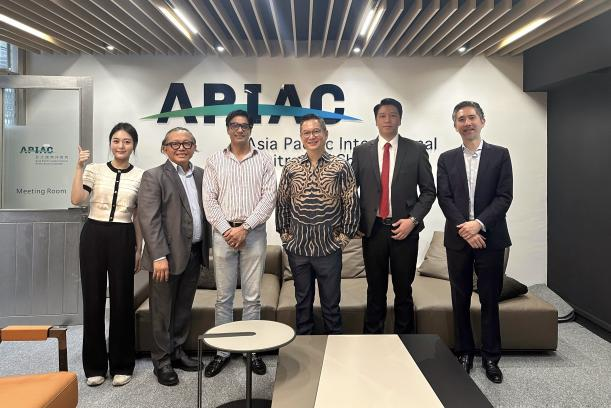 2024-09-10 10:49:03
2024-09-10 10:49:03 -
.png) 2024-09-14 14:22:46
2024-09-14 14:22:46 -
.png) 2024-09-14 15:38:09
2024-09-14 15:38:09 -
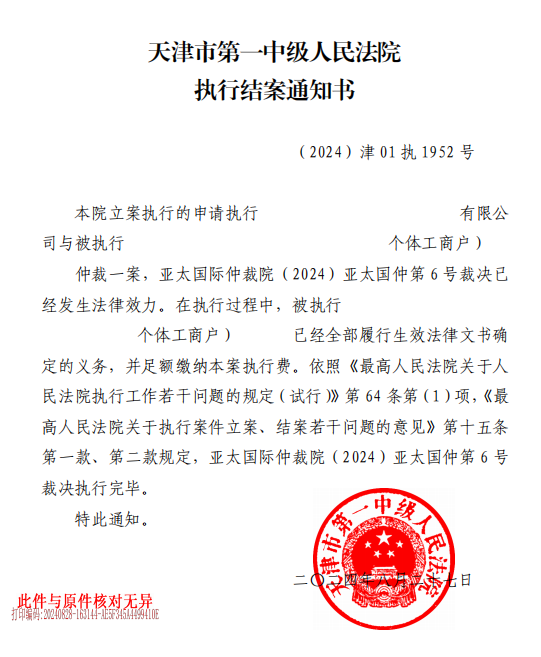 2024-09-18 11:33:35
2024-09-18 11:33:35 -
.png) 2024-09-18 14:26:08
2024-09-18 14:26:08 -
(1).png) 2024-09-23 16:07:22
2024-09-23 16:07:22 -
.png) 2024-09-23 16:17:09
2024-09-23 16:17:09 -
.jpg) 2024-09-23 17:08:06
2024-09-23 17:08:06 -
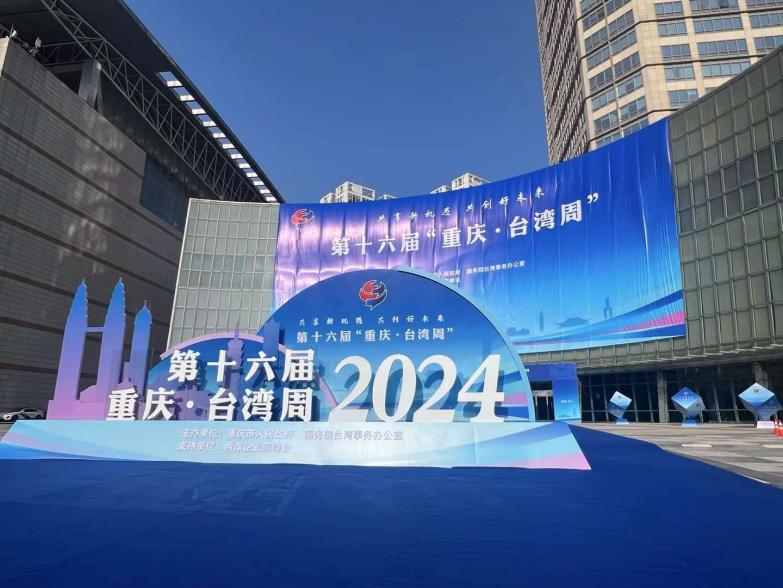 2024-09-24 09:48:07
2024-09-24 09:48:07 -
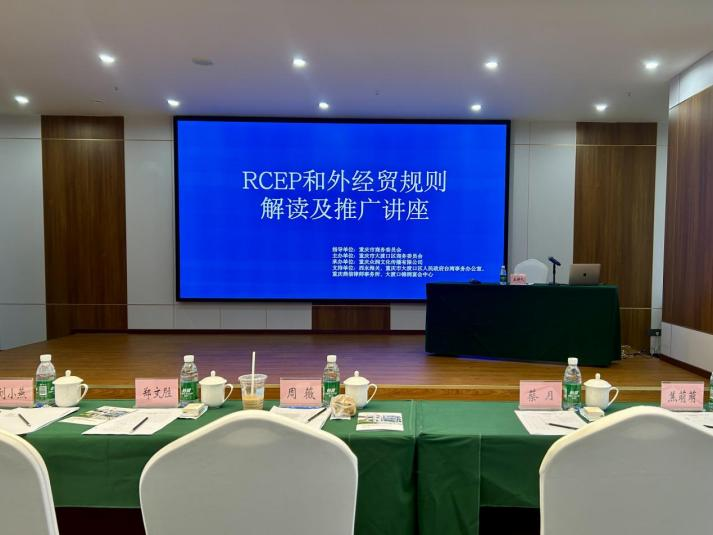 2024-09-24 12:00:38
2024-09-24 12:00:38 -
 2024-09-24 15:13:56
2024-09-24 15:13:56 -
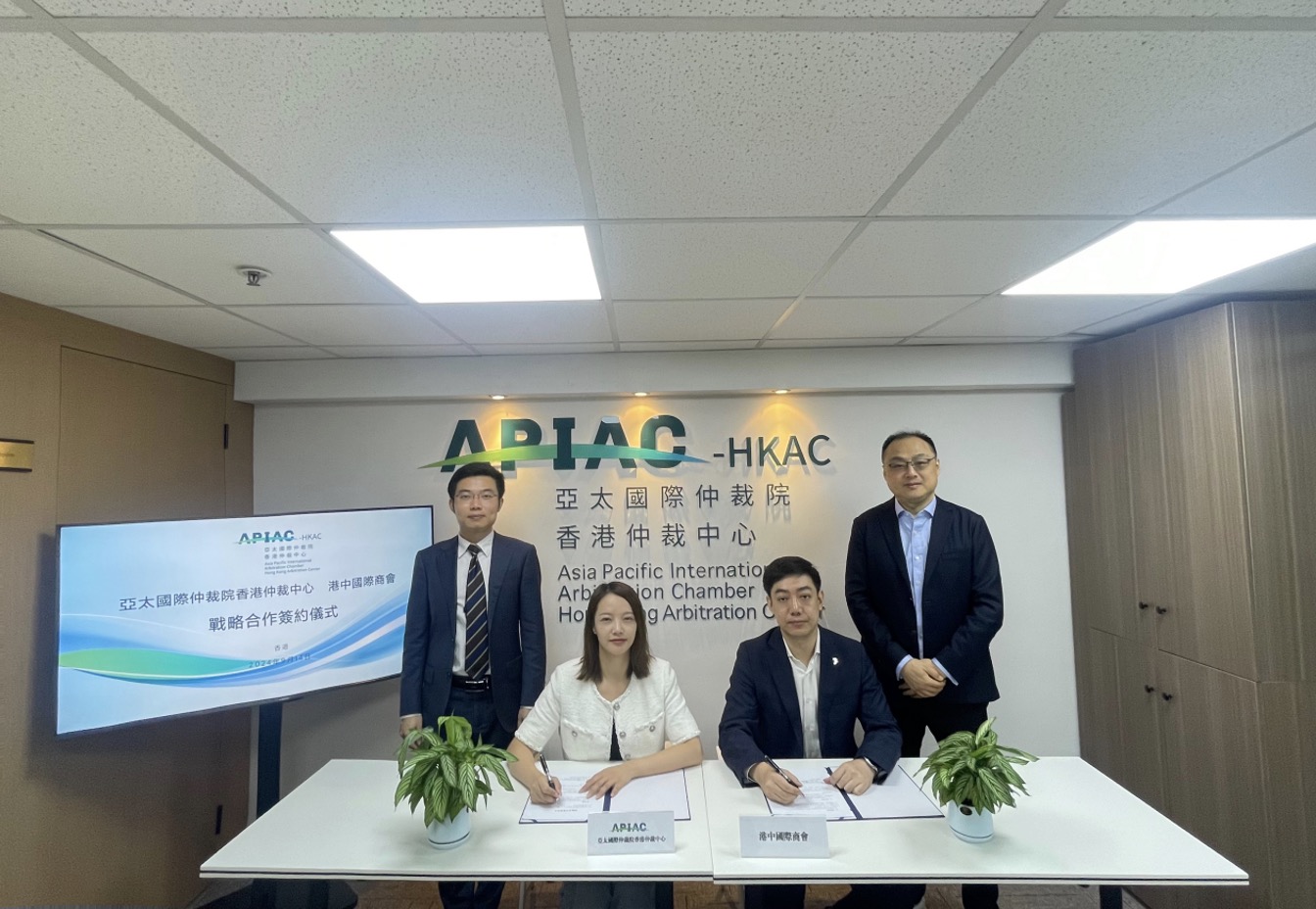 2024-09-25 16:06:59
2024-09-25 16:06:59 -
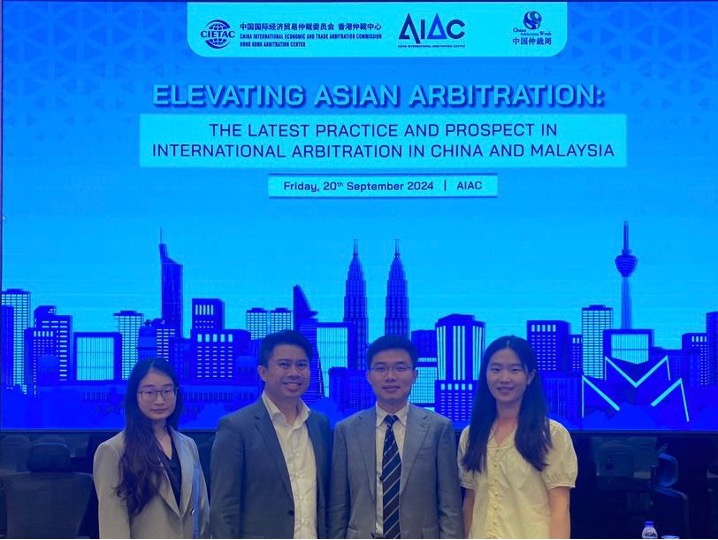 2024-09-27 16:32:47
2024-09-27 16:32:47 -
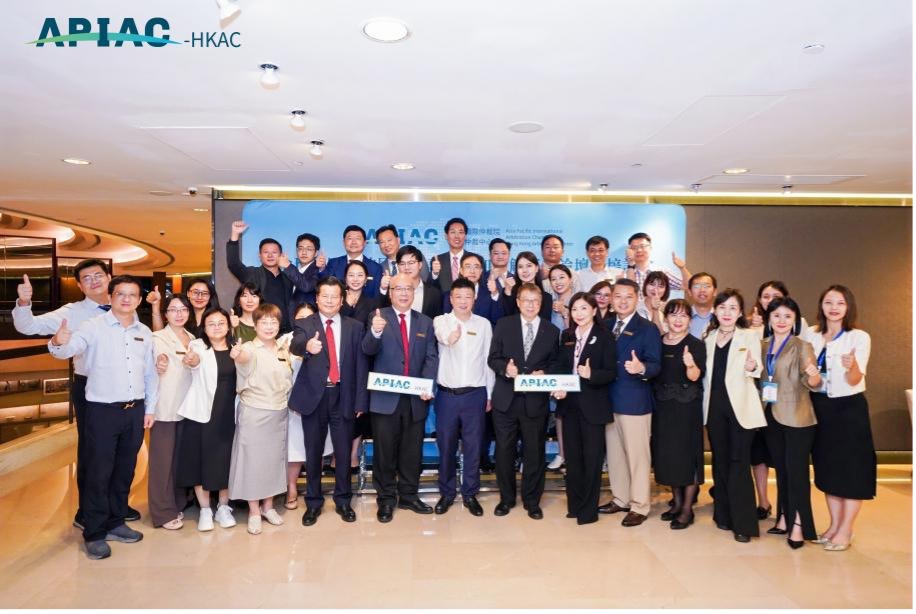 2024-09-29 16:35:43
2024-09-29 16:35:43 -
 2024-10-09 09:38:56
2024-10-09 09:38:56 -
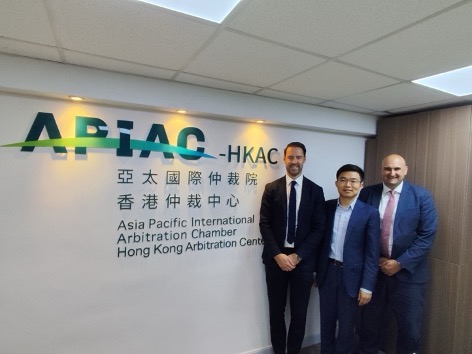 2024-10-10 15:40:31
2024-10-10 15:40:31 -
 2024-10-11 15:13:22
2024-10-11 15:13:22 -
 2024-10-23 17:08:52
2024-10-23 17:08:52 -
 2024-10-23 17:10:37
2024-10-23 17:10:37 -
 2024-10-23 17:12:12
2024-10-23 17:12:12 -
 2024-10-24 12:36:20
2024-10-24 12:36:20 -
 2024-10-29 15:45:32
2024-10-29 15:45:32 -
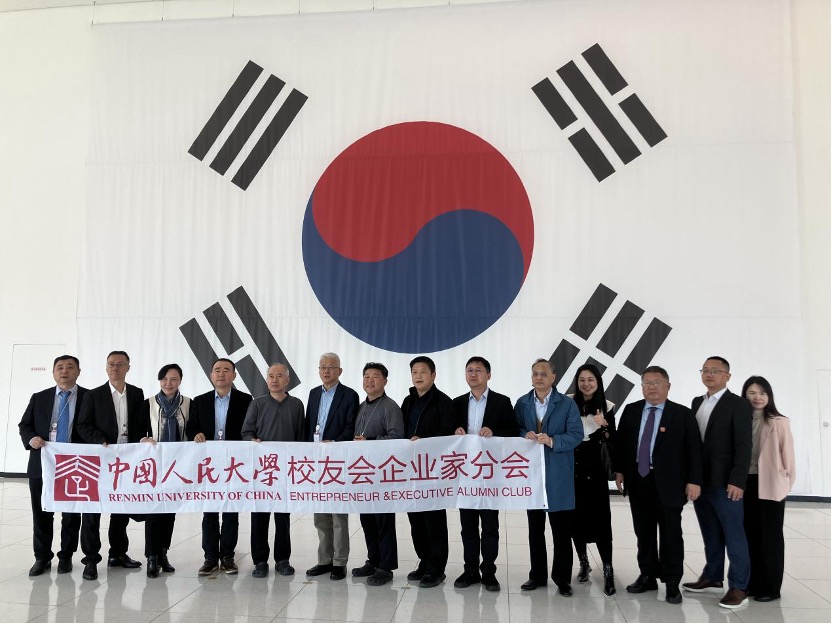 2024-11-01 16:45:33
2024-11-01 16:45:33 -
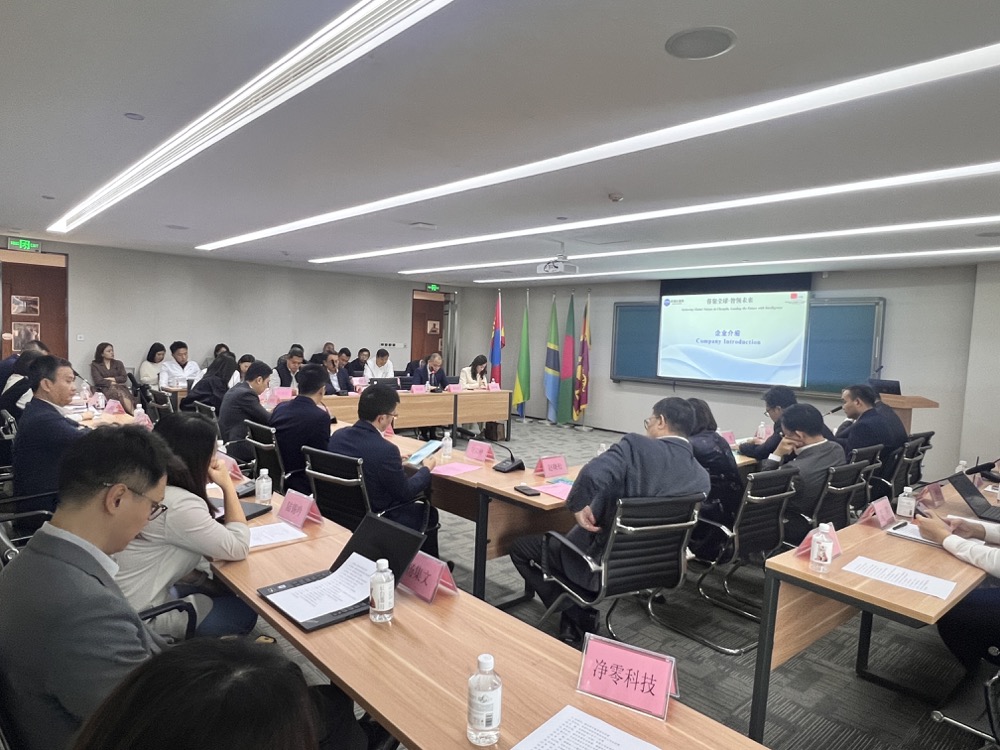 2024-11-01 16:50:15
2024-11-01 16:50:15 -
 2024-11-01 18:07:18
2024-11-01 18:07:18 -
 2024-11-05 15:44:55
2024-11-05 15:44:55 -
 2024-11-05 15:53:12
2024-11-05 15:53:12

 CN
CN BI
BI